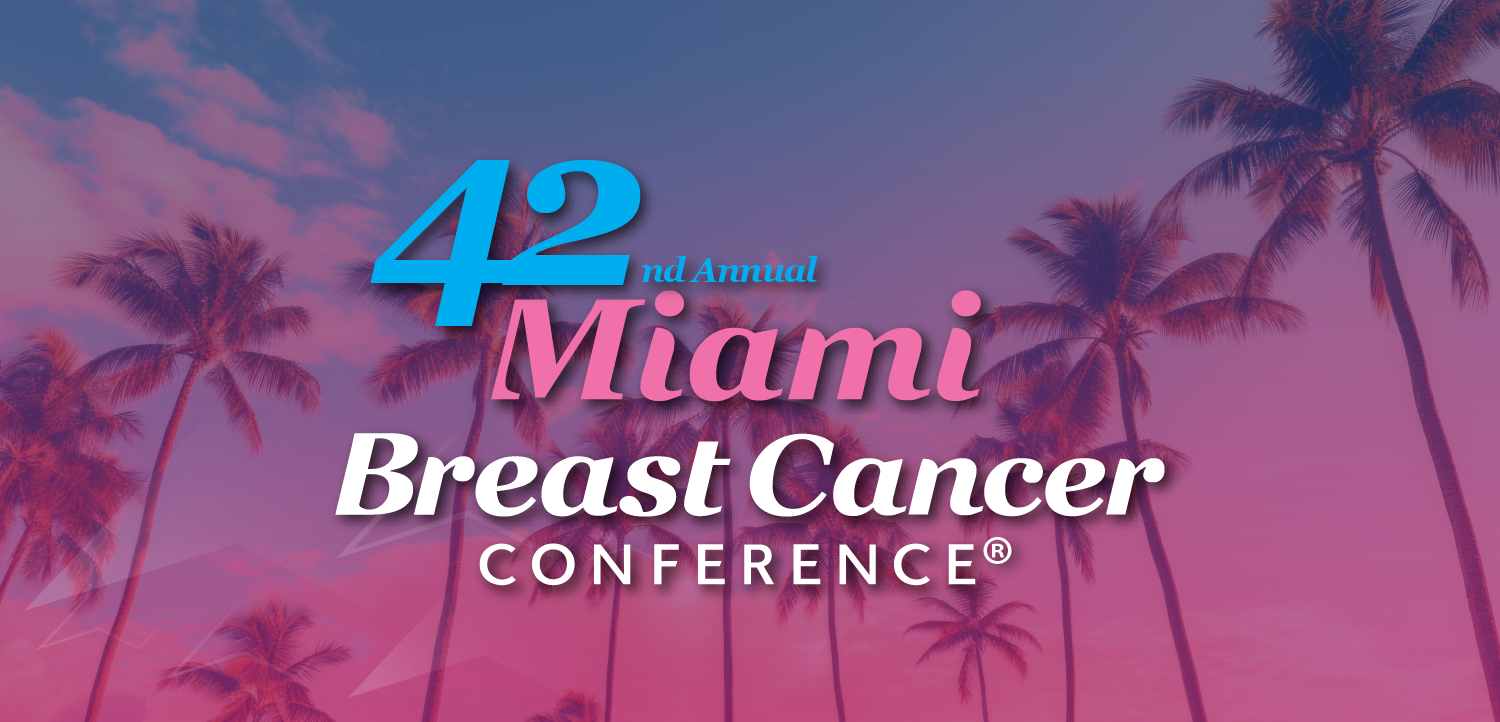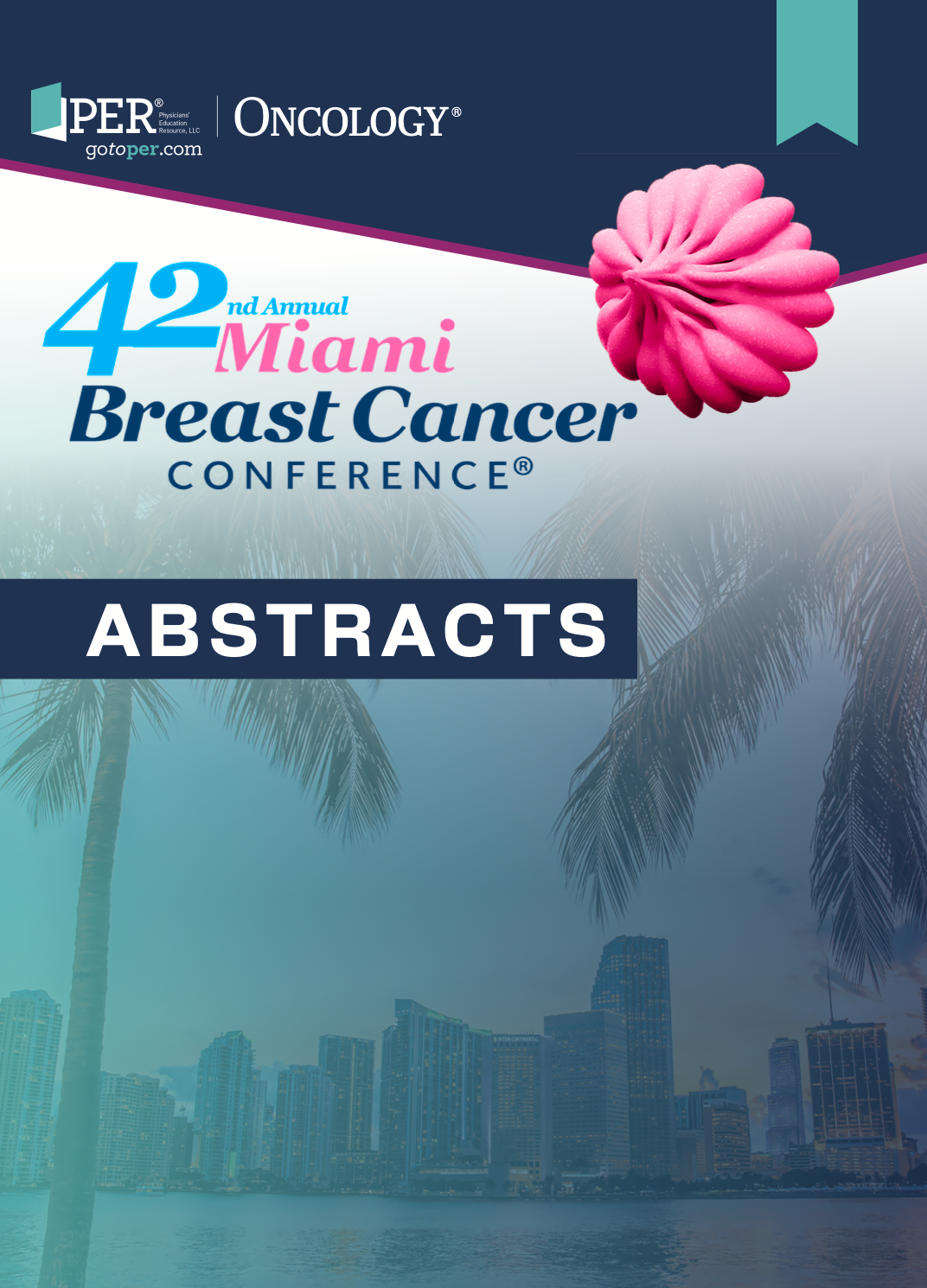12 Gut Microbiome Composition and Pathological Complete Response After Chemotherapy in Breast Cancer: Insights From a Pilot Study
12 Gut Microbiome Composition and Pathological Complete Response After Chemotherapy in Breast Cancer: Insights From a Pilot Study

Background/Significance
The human microbiome, consisting of approximately three trillion bacteria and other microorganisms, is critical in regulating physiological processes, including immune responses and chemotherapy efficacy. Given the potential influence of microbiome composition on therapeutic outcomes, this pilot study investigated microbiome variations in breast tissue, skin, and stool samples and their associations with pathological complete response (pCR) in breast cancer patients undergoing neoadjuvant chemotherapy.
Materials and Methods
Eleven breast cancer patients receiving neoadjuvant chemotherapy were included in this single-institution study. Treatment regimens were docetaxel, carboplatin, trastuzumab, and pertuzumab (n = 5); pembrolizumab-based immunotherapy (n = 5); and doxorubicin, cyclophosphamide, and paclitaxel (n = 1). Following therapy, breast tissue, skin, and stool samples were collected for microbiome analysis. Breast tissue 16S rRNA sequencing data were cross-referenced with skin microbiome data to exclude potential contaminants, removing taxa with >0.01% average skin abundance and ≥10% positivity. Whole-genome shotgun analysis excluded 295 taxonomic members, and microbial profiles were re-normalized to calculate the mean relative abundance.
Results
Six patients (55%) achieved pCR following neoadjuvant chemotherapy. Breast tissue microbiome analysis revealed no significant differences between patients with and without pCR. However, stool microbiome composition differed between these groups. Patients without pCR exhibited elevated levels of Eubacterium (0.85 vs 0.39; P <.01), Bilophila wadsworthia (0.19 vs 0.05; P = .01), Alistipes shahii (1.65 vs 0.37; P = .01), and Dorea (0.42 vs 0.21; P = .02) compared with those with pCR. Conversely, patients achieving pCR had higher levels of Clostridiales (0.84 vs 1.83; P = .02), suggesting a potential correlation between the presence of specific bacterial taxa and therapeutic response.
Conclusion
This study highlights significant associations between stool microbiome composition and pCR in breast cancer patients undergoing neoadjuvant chemotherapy. Clostridiales, in particular, may enhance chemotherapy effectiveness through immune modulation and production of lithocholic acid, an antitumor metabolite. While limited by sample size, these findings suggest the need for larger studies to explore how gut microbiota influence treatment outcomes, potentially offering new strategies to optimize therapy.

Gedatolisib Combo With/Without Palbociclib May Be New SOC in PIK3CA Wild-Type Breast Cancer
December 21st 2025“VIKTORIA-1 is the first study to demonstrate a statistically significant and clinically meaningful improvement in PFS with PAM inhibition in patients with PIK3CA wild-type disease, all of whom received prior CDK4/6 inhibition,” said Barbara Pistilli, MD.